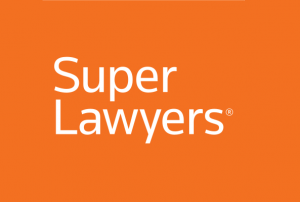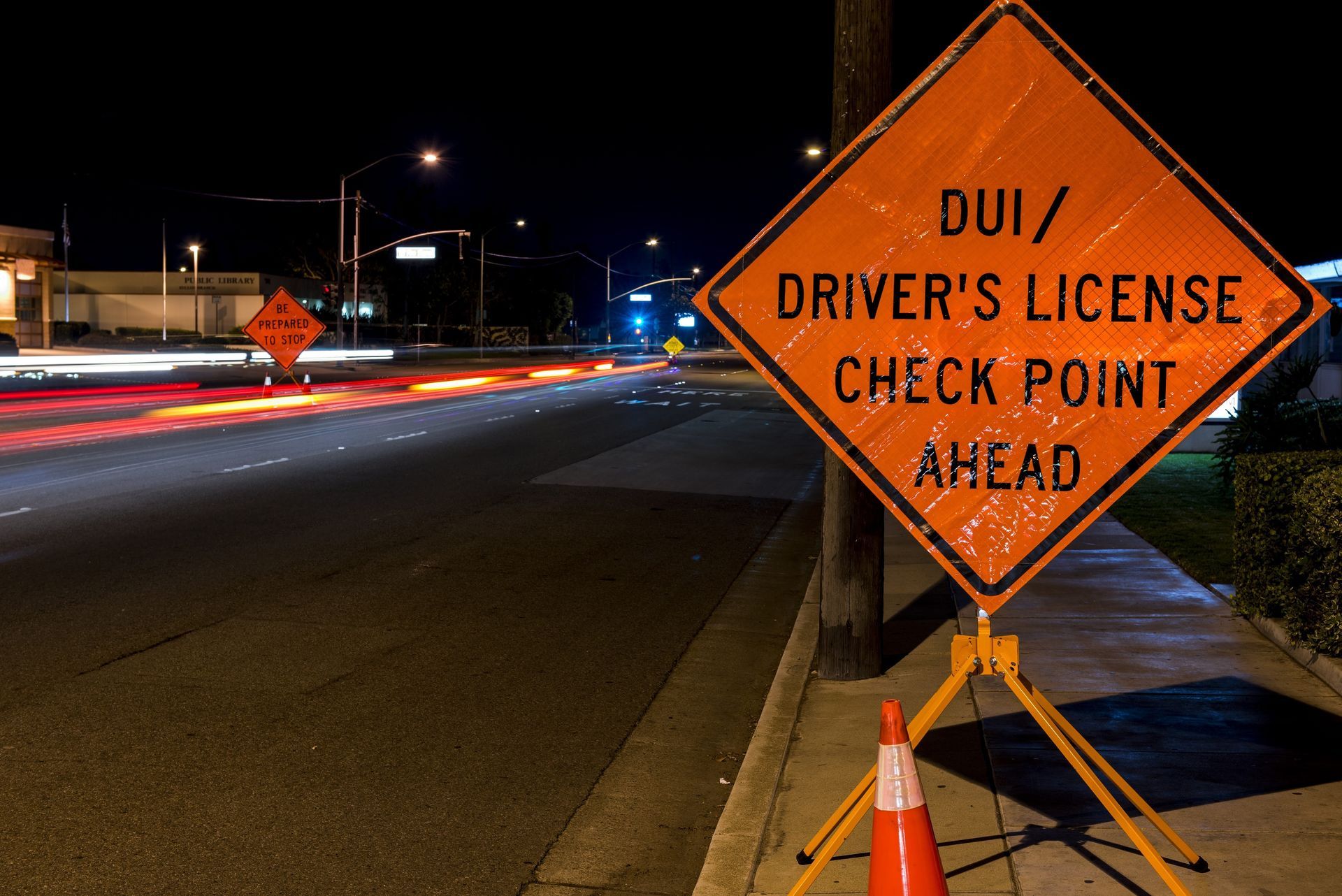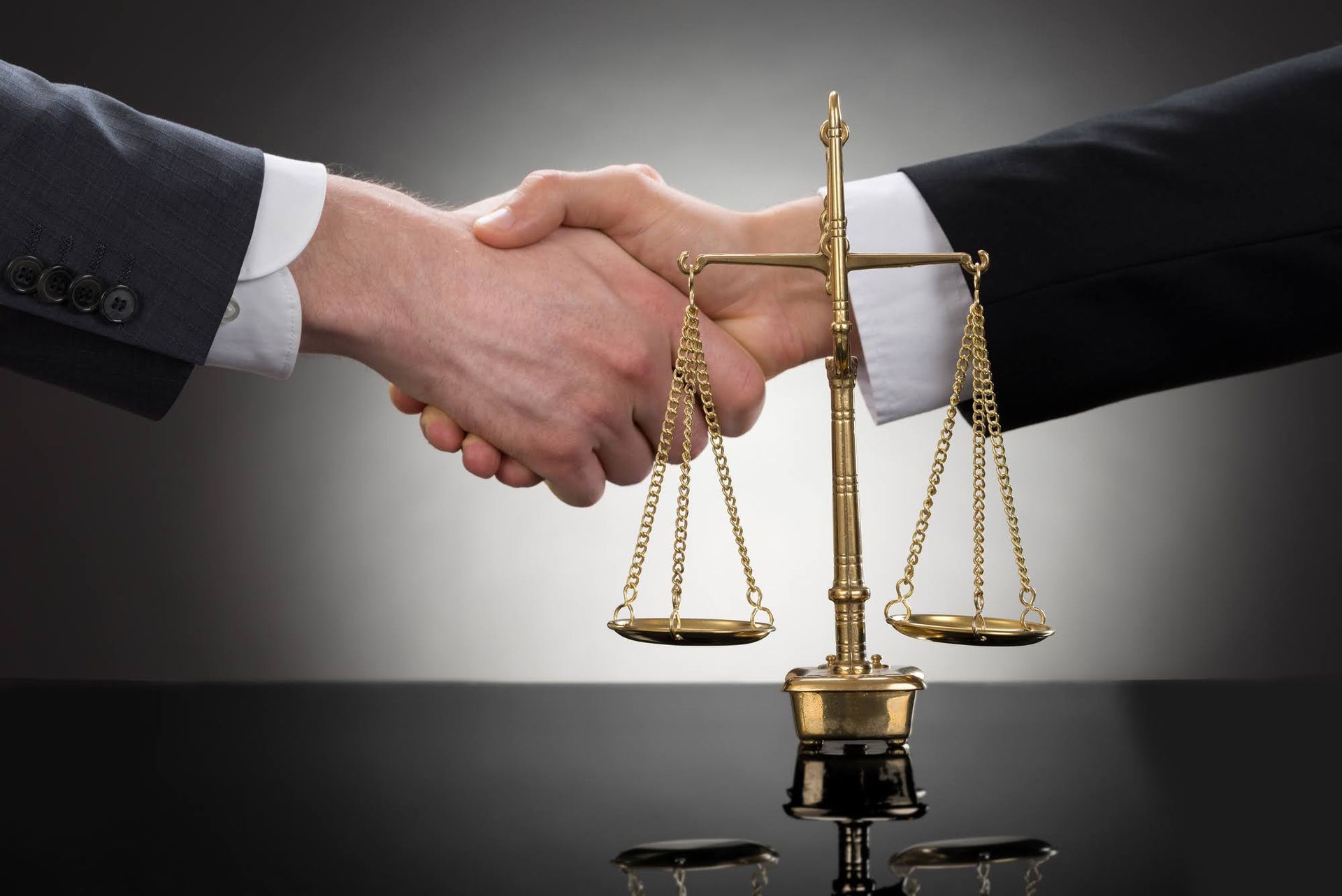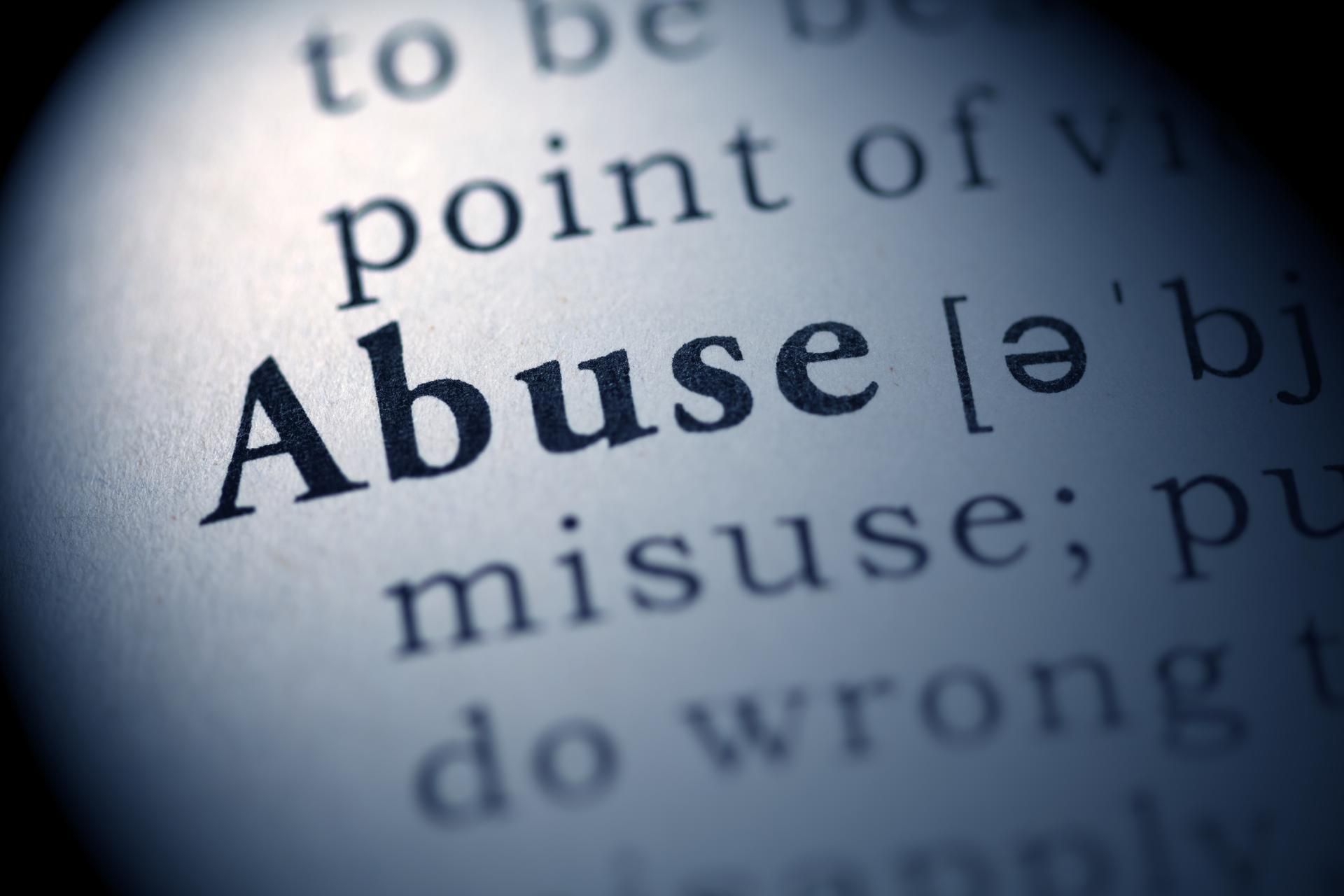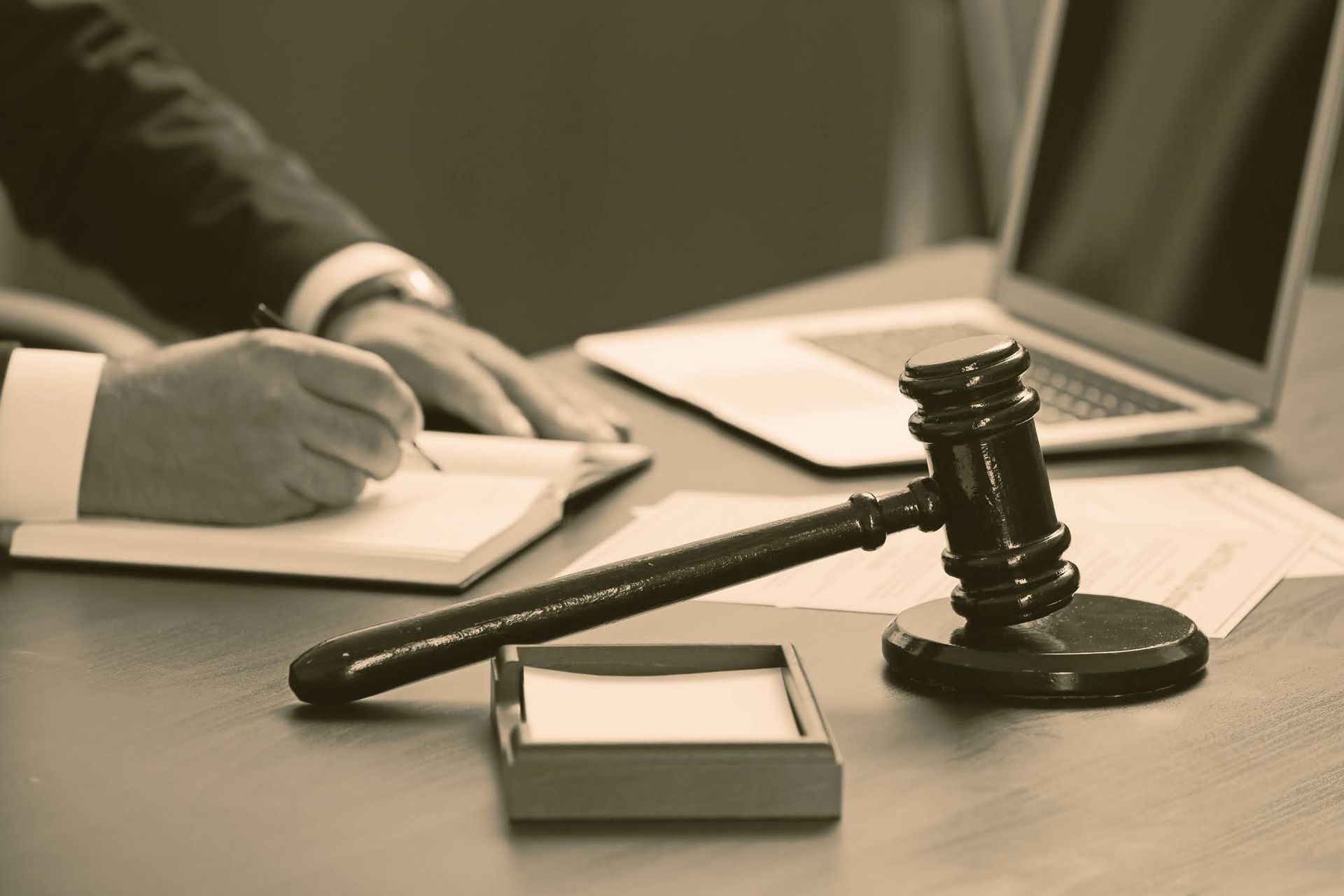Key Factors That Could Change The Outcome Of Your Criminal Case
Facing criminal charges can be stressful and daunting. Even misdemeanor charges such as assault and DWI can result in stiff penalties and collateral consequences. Consequently, it imperative to understand the following potential factors that can influence the outcome of your case.
Facts of Your Case
The strength and nature of the evidence that the prosecutor has against a defendant can greatly influence the direction of the case. Strong evidence such as witnesses, photographs, videos, or other compelling materials can make it challenging for the defense to obtain a favorable outcome.
If the State has compelling evidence, the prosecutor may adopt a more aggressive stance, making it less likely for them to consider reducing the charges. This can make negotiations for a lesser offense or a favorable plea agreement more difficult.
If a defendant has made damaging admissions or statements, these can be used against them in court. Such statements can weaken the defense's position and make it difficult to challenge the charges.
Your Criminal History
Having a clean record can generally work in your favor when it comes to legal proceedings and negotiations. A clean record demonstrates to the prosecution and the court that you have not been previously involved in criminal activities, which may make them more willing to consider reduced charges or alternative sentencing options.
However, for repeat offenders (recidivist offenders), the legal system tends to be less lenient. Second or third offenses, such as DUI (Driving Under the Influence), assault or shoplifting, may result in harsher penalties than first-time offenders. This is often due to the fact that repeat offenders have not learned from previous legal consequences and may need more severe punishments to deter future criminal behavior.
Prosecutor
Some prosecutors may be more inclined to work out favorable plea agreements to resolve cases efficiently. This could mean offering reduced charges, lesser penalties, or alternative sentencing options. This approach can save time and resources for both the prosecution and the defendant.
On the other hand, more aggressive prosecutors might be less likely to offer plea deals and may push for trials to establish guilt beyond a reasonable doubt. This approach might be taken when the prosecutor believes they have a strong case and will likely secure a conviction in court.
Judge
Judges play a crucial role in managing the progression of cases. Judges also have the authority to approve or reject plea agreements negotiated between the defense and the prosecution. Judges more reluctant to approve plea deals might scrutinize them more closely and be less likely to agree to lenient terms.
Different judges have varying tendencies when it comes to sentencing. Some judges might lean towards probation and rehabilitation, while others might lean towards stricter sentences and incarceration.
Your Attorney
A skilled attorney will develop a strategic defense plan tailored to your case. They will analyze the strengths and weaknesses of the prosecution's case and work to build a robust defense strategy. This may involve negotiating with the prosecutor for a plea deal or proceeding to trial, if necessary.
Having a lawyer with vast trial experience is crucial if your case goes to trial. They can effectively present your case to a jury, cross-examine witnesses, and argue persuasively.
The Law Offices Of Fischer & Putzi, P.A. is an established law firm focusing on criminal law and DUI defense. We have extensive experience of over 55 years in handling criminal cases. Contact us now for more information.
Browse Our Website
Contact Information
Address: 7310 Gov Ritchie Hwy STE 1007
Glen Burnie, Maryland 21061
Phone:
(410) 787-1800
Emergency Contact:
(410) 608-8858
Email: info@fischerputzilawfirm.com
Fax: (410) 787-1853
Our Location
